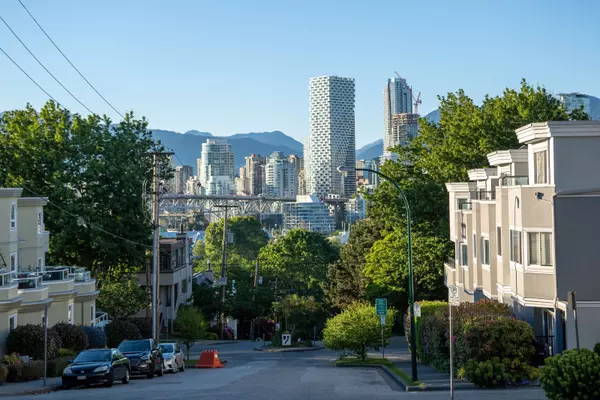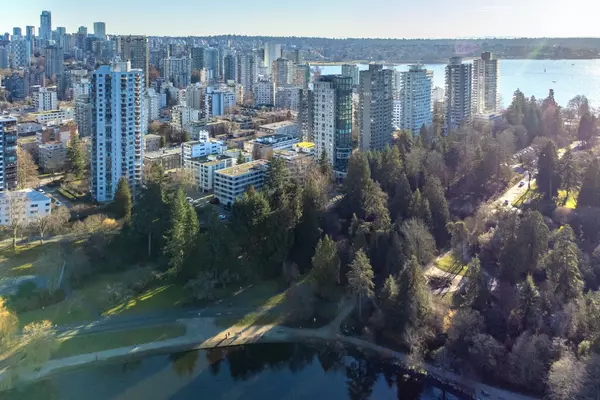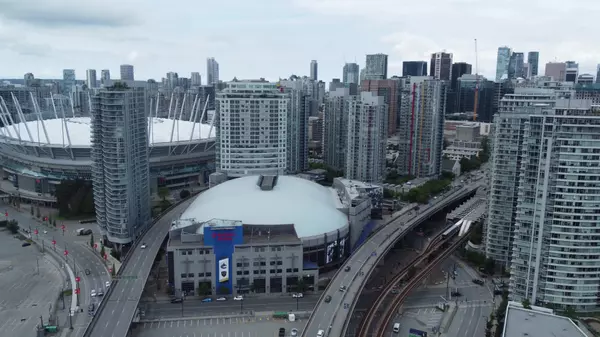
Residential Property Flipping Rule
Buyers who purchase a residential property and sell it under 12 months of ownership may potentially put themselves at risk of paying this tax. Under these new rules, any profit made from a sale of residential property within a year would be taxed as business income and ineligible for either the 50 per cent capital gains rate or the principal residence exemption. Exemptions include: household addition, such as birth, adoption, or care of an elderly parent, breakdown of a marriage or common-law partnership, threat to personal safety, such as domestic violence, change in employment, insolvency, or involuntary disposition, such as from a natural or human-caused disaster.

Pre-sale vs. Resale In Vancouver Area
The pre-sale vs. resale question comes up quite frequently with potential buyers in the Vancouver marketplace. Let’s weigh out the pros and cons of both investment strategies so you can decide which option would work best for you and your situation. Pre-sale Pros: You are able to pay initial deposits in instalments over the course of 1 or 2 years with some developers. Typical deposit structures range from 10% to 20%. You can select your dream floor plan and/or add the custom finishes or colours of your liking to a specific plan to make personal touches. You'll also have access to the newest smart home technology. You can be the first to live in the specific unit you’ve designed. Pre-sale Cons: Pre-sale projects are usually more expensive than the current exisitng inventory on the market. Your initial deposits (which vary) get tied up with a developer for several years, and sometimes projects may be cancelled due to funding or may be delayed by years. Additional tax applies to new properties in BC. An additional 5% GST tax is applicable for new homes/condos. Selling before the unit is completed (known as Assignment Sale) can incur additional fees with the developer. Fees can vary from developer to developer, be sure to ask your agent what potential fee you may incur. Resale Pros: Your capital is deployed right away and your money is either collecting rent as well as beginning to generate appreciation for as long as you hold the property. No additional tax on the listing price. Since the property is not new, you do not have to pay additional 5% GST on the property. You have a wider range of downpayment options for when you apply for a mortgage. For instance, you can put down 5%, 10%, 15%, 20% or more down on your mortgage. In Vancouver, you can purchase an older Condo potentially in a better area in the city for a lower cost as opposed to buying brand new condo that will not be completed for an average of 4 years. Resale Cons: At the moment, low inventory may cause you delays in finding a property right away, and/or you may have to compete with multiple offers or paying rent for a longer period. You may have to repaint and/or renovate to your liking which can cost additional budgeting on top of a mortgage payment. You may have to live in a construction zone during the renovations or find another temporary home in the meantime while you complete your renovations. While this is not an exhaustive list of pros and cons, hopefully this list can help you with your decision making process.

New Strata Property Act Amendments
Stratas can no longer enforce rental restrictions, except for short-term rental restrictions. There are now only two age-related options for stratas: a bylaw requiring at least one resident in a unit to be 55 years-old or older; or no age restriction bylaw. Stratas can now conduct annual and special general meetings virtually without a bylaw explicitly allowing them to do so. The Strata Property Act has undergone several amendments over the years, with the goal of improving the governance and operation of strata properties in the province. Some of the key amendments to the act in recent years include: Changes to the dispute resolution process, including the introduction of a new dispute resolution tribunal to help resolve disputes between strata owners and the strata corporation Changes to the rules governing strata meetings, including the use of electronic voting and the ability for strata owners to attend meetings remotely Changes to the rules governing strata insurance, including new requirements for strata corporations to have insurance coverage for damages caused by earthquakes, fires, and other disasters Changes to the rules governing the operation and maintenance of strata properties, including new requirements for energy efficiency and sustainability It is important for strata owners and property managers to stay informed about the latest amendments to the Strata Property Act, as these changes can have significant implications for the operation and management of strata properties in the province.
Categories
Recent Posts











